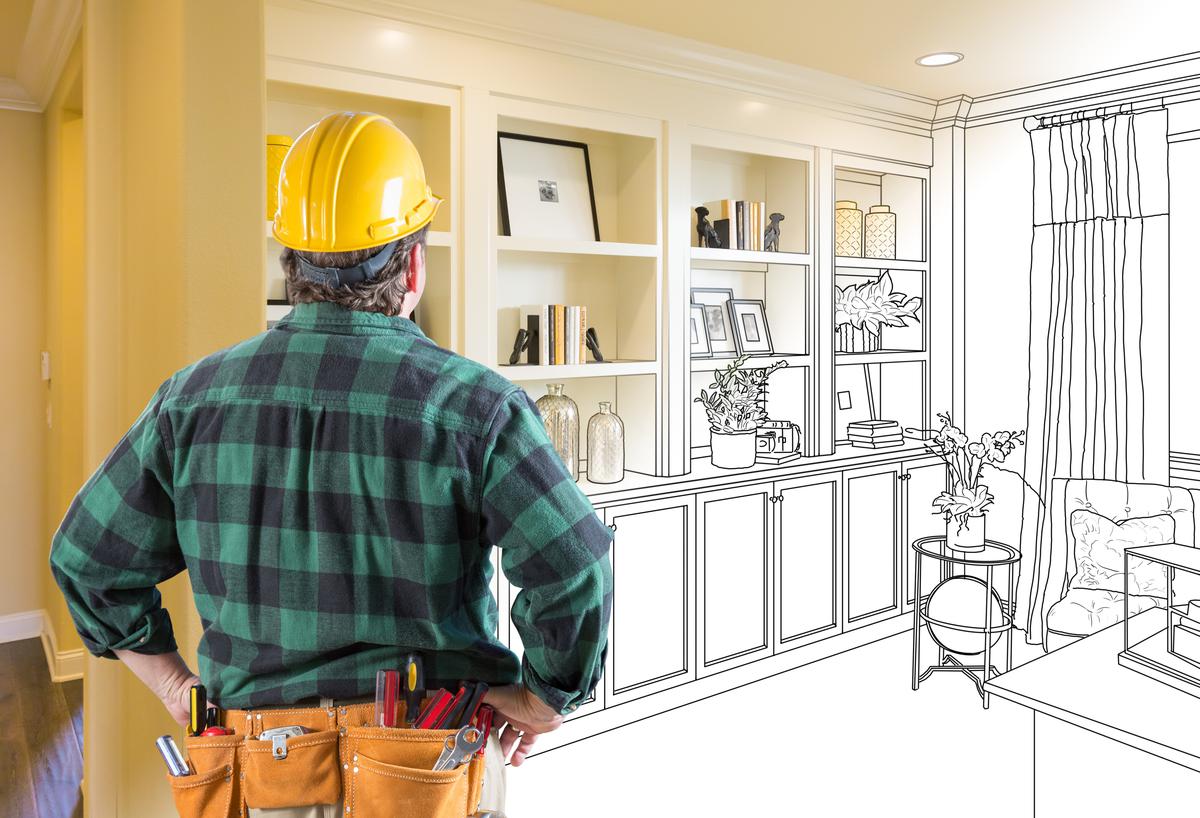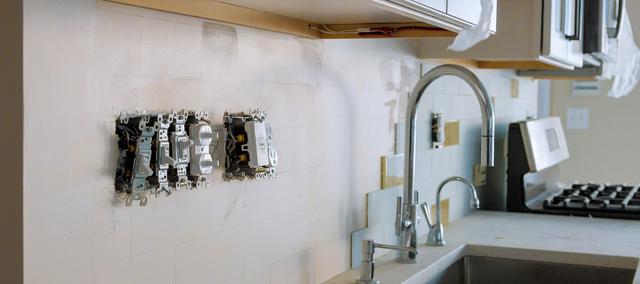Similar to many crafty and enthusiastic homeowners, you wonder if you shouldn’t install a book nook on your second floor, redo the tile work in your master bathroom, or add a wall outlet to your home office yourself. Do you really need to hire a professional? Do they really need to be a licensed contractor?
A license to build should not be taken lightly. The benefits of having a licensed professional take the lead on your home projects might become clearer if you take into consideration that it’s not exactly easy to receive a contractor’s license. The strict guidelines overseen by the Contractor State Licensing Boards (CSLB) and all the qualification requirements for receiving a license set a qualified specialist apart with many advantages; so why hire a licensed contractor?
A Licensed Contractor Is An Experienced Contractor
What is a licensed contractor? In order to receive their license — such as a maintenance contractor license — contractors are required to have at least four years of verifiable experience in their specialized line of work. They also have to pass both a law and a business exam as well as a trade exam. This is all in addition to the requirement of the knowledge, experience, and skills to run and oversee the daily tasks of a construction firm or project.
Whereas unlicensed contractors may boast a wide range of services, a CSLB license has various classifications and not every contractor can or should do everything. A Class A - General Engineering Contractor license deals with work that requires specialized engineering knowledge and skills. A Class B - General Building Contractor is someone who will work on structures that require at least two unrelated building trades or crafts. A Class C - Specialty Contractor is exactly how it sounds; they take on projects that require specialized skills and building trades.
Depending on the state and trade, licensed contractors may also have continuing education requirements. Hiring a licensed professional means you are getting someone who knows what they’re doing very well, and what they know is up to date.










comments